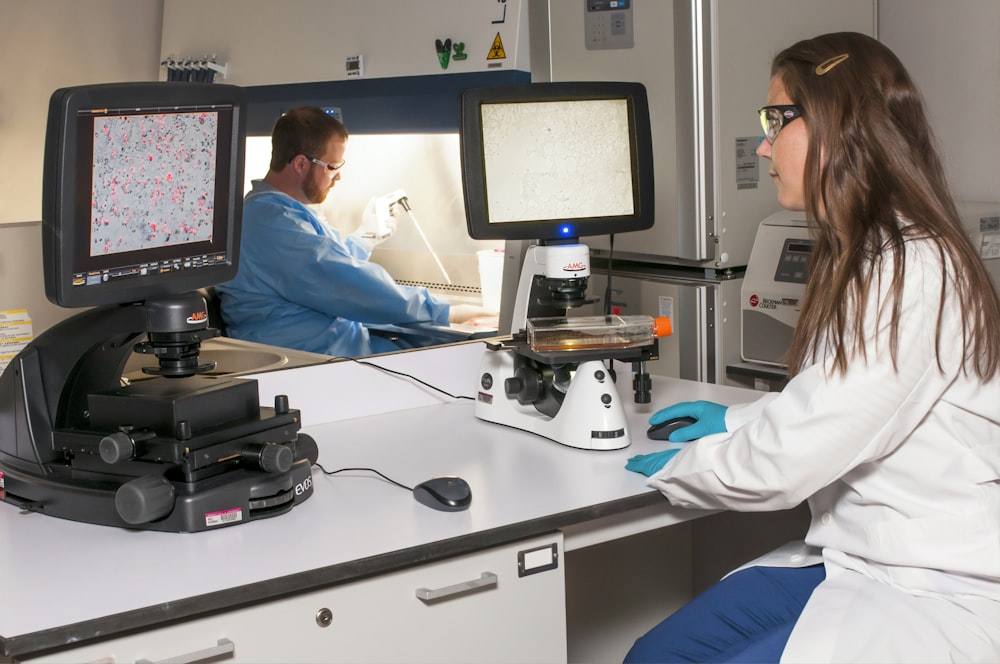Enlarged Prostate? Prostate cancer or BPH ? What can help your doctor to decide? Urine flow test and symptoms.
What is the most common cancer in men? Prostate Cancer is the most commonly diagnosed cancer in Australian men. There are more than 20,000 diagnoses and almost 3,300 deaths each year.
What is the prostate? Where is the prostate?
Your prostate is a small walnut-sized gland inside your body, just below your bladder. It has a big impact on your urinary system. The prostate surrounds the urethra (- the tube carries urine to your bladder). This is the reason that changes to the prostate often lead to changes in bladder and bowel health.
Enlarged Prostate? Prostate Cancer?
What occurs when the prostate enlarges?
The prostate commonly gets bigger after the age of 45 to 50. While the prostate is so close to the urethra, an enlarged prostate usually presses and affect the normal flow of urine. In other words, it can lead to obstruction.
Some men notice a trouble urinating or necessitate to urinate more frequently. While others won’t feel any changes. In case you observe any alterations to your bladder and bowel habits, you should check in with a physician to rule out other things.
Prostate enlargement on its own is oftentimes diagnosed as BPH (Benign Prostatic Hyperplasia). It isn’t cancer and won’t turn into cancer. Your Urologist can work with you and may recommend lifestyle changes such as reducing caffeine or alcohol, or eating less spicy and acidic food.
Prostate Cancer – the most commonly diagnosed cancer for men
Prostate cancer is cancer that occurs in the prostate. It is the most common cancer for men. It has a close link to incontinence and many men find incontinence one of the hardest parts to handle after prostate cancer treatment.
Most men with early prostate cancer don’t have alterations that they notice. Signs of prostate cancer most oftentimes show up in more advanced stages, as the cancer grows.
If you’re suffering from symptoms like: painful urination, cloudy urine or blood in your urine > these are clearly a sign to call for help.

What Are the Five Warning Signs of Prostate Cancer?
- A painful and/or burning sensation during urination.
- Frequent micturition, particularly at night.
- Trouble stopping and/or starting urination.
- Sudden erectile dysfunction.
- Blood in urine and/or semen.
Over the years, there was great progress for surviving cancer. In many men, it can be a slow growing cancer. As mentioned, urinary symptoms, as above, are more common in the later stages of prostate cancer.
What is the treatment?
In general, the treatments for PC are mainly removing the prostate by surgery and radiation therapy.
The pelvic floor muscles and a ring of muscles near the bladder (bladder neck sphincter) can be affected. Their role is to allow urine to flow out by opening and closing. Men suffer from urinary incontinence in case that these muscles are damaged during prostate surgery. In addition, radiation therapy can also cause incontinence, sometimes many years later.
Today, we know that it is better to prepare your pelvic floor before prostate cancer treatment. Incontinence after prostate surgery will usually get improved with time. For instance, Pelvic floor exercises (e.g. Kegel) and continence professionals are very effective in helping incontinence. Most men get back bladder control in 6 months to a year. A consistent physical therapy can make a big difference in terms of an after surgery incontinence.

Your doctor or PT interested in data on your bladder – in the form of a bladder diary and a flow test. This can make the process to be much shorter and more precise. In conclusion, it is important to see your doctor and conduct a flow test.
Check out the iUFlow app and get an iUFlow PRO urine flow monitoring device

- Track your bladder with the iUFlow app and iUFlow PRO urine flow meter
- Be active. Physical activity can prevent you from retaining urine.
- Visit your doctor
A post for the Prostate Cancer Awareness Month.
